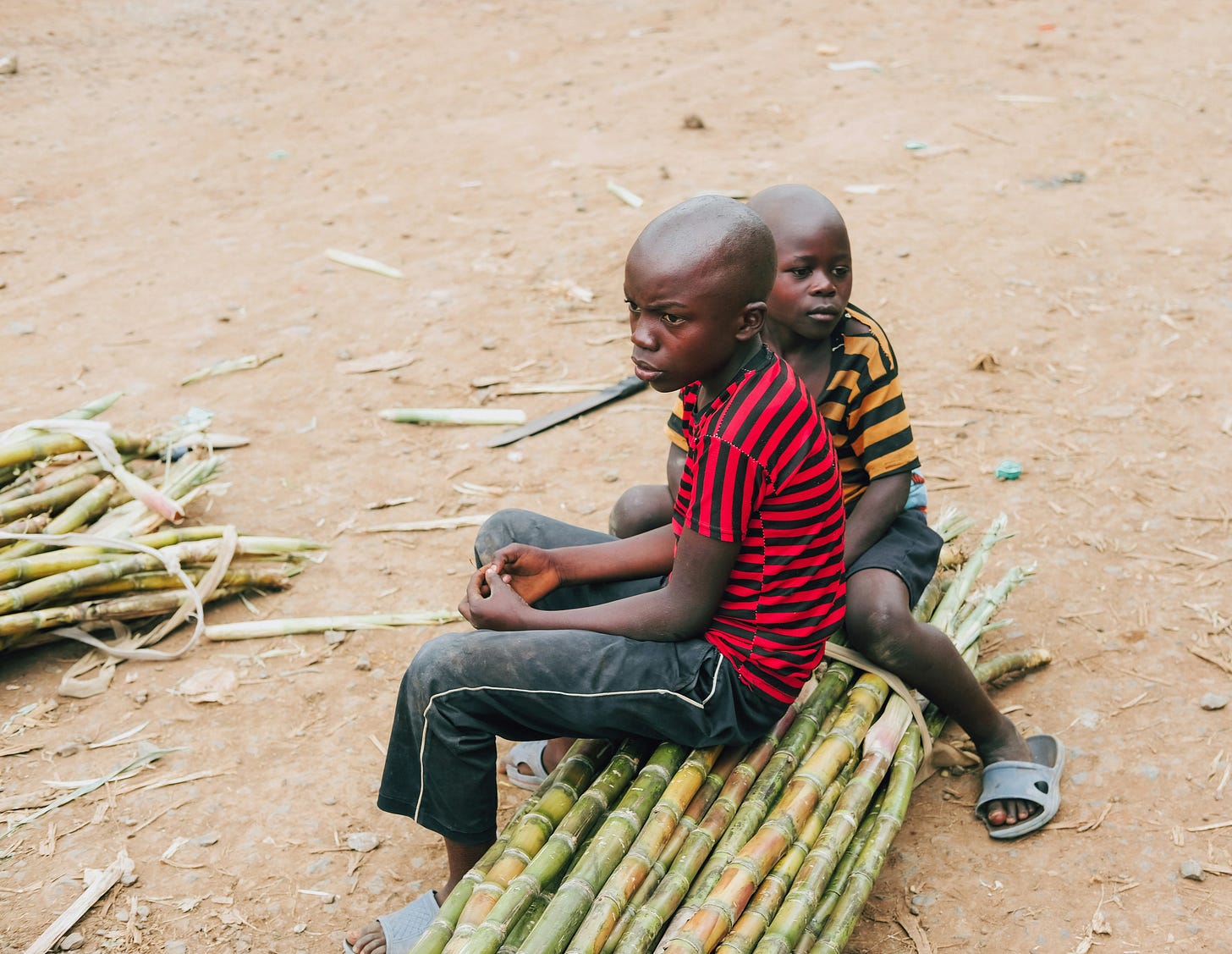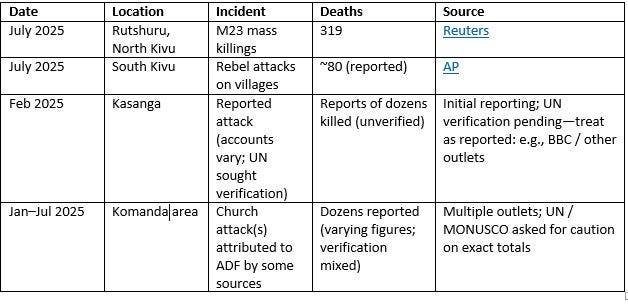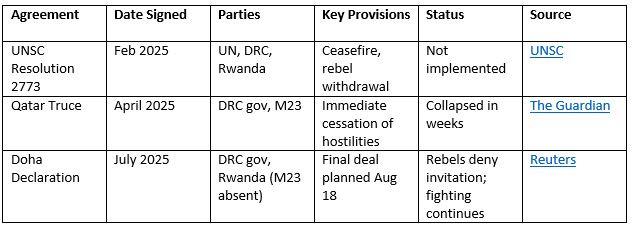Your Phone Just Killed Someone in Congo (And Apple Won't Tell You Who)
Your Phone Just Killed Someone in Congo (And Apple Won't Tell You Who)
Photo by Imani Bahati on Unsplash
📰 Tiny Desk Publishing
Today’s Leading Story (The Desk’s View)
How sustainable technology turned mass displacement into a business model-and why your next upgrade makes you complicit
You thought buying an electric car made you part of the solution.
Wrong.
Your Tesla runs on Congolese displacement. Seven million people have been forced from their homes to fuel the lithium revolution you're so proud of. While you post about climate change on a cobalt-powered device, entire communities disappear to feed your smartphone's battery.
The math is beautifully twisted. We call it sustainable technology while ignoring the humans it displaces.
Here's what your phone company won't tell you: Every notification pings from minerals extracted under conditions that would make a Victorian factory owner blush. We've perfected ethical consumption - buying products that let us feel good about problems we refuse to understand.
The Template Was Set Decades Ago
The 1990s didn't just collapse the Congo's government - they created the blueprint for today's chaos. When Mobutu's kleptocracy imploded, it left something more dangerous than a power vacuum: a proven model for extractive governance.
The mineral-rich provinces of North and South Kivu became testing grounds. Not for democracy or development, but for how many proxy wars one territory could sustain while still producing the materials that keep our devices humming.
Think of it as disaster capitalism's dress rehearsal. Foreign interests discovered they didn't need a functioning state—they needed a predictably dysfunctional one. Chaos became a feature, not a bug. The violence looked random to outsiders but followed the logic of resource extraction with precision.
The template worked so well that new conflicts only updated the software. Same extractive logic, newer players, better PR.
M23: The Sequel Nobody Asked For
Since January 2025, M23 has made rapid advances, including operations in and around Goma and Bukavu. Mass atrocities accompanied these offensives. In July 2025, the U.N. rights chief reported at least 319 civilians killed in Rutshuru territory. (Reuters: https://www.reuters.com/world/africa/m23-rebels-killed-319-civilians-east-congo-july-un-rights-chief-says-2025-08-06/)
The humanitarian numbers read like a failed state's greatest hits: nearly 7.8 million internally displaced, with hundreds of thousands crowded into urban centers such as Goma. These aren't statistics - they are people whose displacement feeds directly into global supply chains.
The Doha declaration, signed on 19 July 2025, set out a framework for talks, but implementation has been uneven; M23 publicly said it did not receive invitations to some Doha talks. (Reuters: https://www.reuters.com/world/africa/m23-rebel-group-says-no-invitation-received-doha-peace-talks-with-congo-2025-08-07/)
Meanwhile, M23 continues to advance with the methodical precision of a mining operation. In many ways, it is.
Table 2 – Recent Civilian Impact (2025)
"Conflict Minerals" Miss the Point
Let's retire the phrase "conflict minerals." It is the foreign-policy equivalent of "thoughts and prayers" - a way to acknowledge suffering without addressing structure.
The violence is not simply “minerals fund war.” That explanation is backwards and incomplete. Violence erupts where states fail, and foreign markets choose willful ignorance over complexity.
IPIS shows mining remains militarized in parts of eastern DRC, but conflict is also driven by land access, governance failures, and predatory networks that make mineral extraction profitable through violence. (IPIS: https://ipisresearch.be/publication/mining-and-conflict-in-the-eastern-drc-an-interactive-story-map/)
Scholars and ethnographers critique the “conflict minerals” framing as an oversimplified, Western-friendly storyline that misses colonial history and supply-chain complacency.
Recent research also suggests cobalt extraction can sometimes correlate with increased state attention and security in particular localities - not because minerals inherently produce peace, but because strategic resources attract strategic responses.
Table 3 – Mineral Resources & Geopolitical Leverage
Your Tech Hangs a Sword Over Congo
Here's the intellectual honesty nobody wants: your electric vehicle doesn't just run on lithium. It runs on geopolitical abandonment.
The global EV boom and smartphone demand have transformed the Congo from a backwater into a live geopolitical instrument. Every tech company promising carbon neutrality depends on minerals extracted under conditions that would violate their workplace standards.
We've created a system where environmental progress requires environmental destruction. Clean energy demands dirty extraction. The sword hanging over Congo isn't wielded only by warlords - it's held by market demand that treats human displacement as an externality.
Tesla's stock price rises while Congolese families flee their homes. Apple announces new sustainability commitments while cobalt miners work without basic safety equipment. The contradiction is structural. Your phone's planned obsolescence isn't just wasteful. It is lethal.
Peacebuilding's Broken Promises
UN Security Council Resolution S/RES/2773 (2025) condemned external interference, demanded withdrawals, and called for steps to reverse offensives. It was adopted in February 2025. (UN text: https://docs.un.org/S/RES/2773%282025%29) Implementation has been limited.
Ceasefire attempts keep happening - Qatar-brokered truces in April 2025 and a Doha declaration on 19 July 2025—but enforcement and inclusion of actual power brokers remain the problem. M23 said it had not received invitations to some talks; implementation has been uneven. (Coverage: Reuters: https://www.reuters.com/world/africa/m23-rebel-group-says-no-invitation-received-doha-peace-talks-with-congo-2025-08-07/)
The January 2025 riots in Kinshasa reflected public anger aimed partly at Western inaction; protesters at times targeted foreign diplomatic buildings to signal perceived complicity. (See Reuters / Al Jazeera contemporary reporting.)
Table 4 – Peace Agreements & Their Failures (2025)
Agency Without Tears
Cut the pity. Here's what matters and what readers can do:
Table 5 – Action Levers for Readers
Peace Without Justice Is Postponement
The Congo doesn't need your sympathy. It needs your attention to systems that treat human displacement as a business model.
Stop consuming the Congo. Start refusing a peace that trades blood for cobalt. Peace without justice isn't peace; it's postponement.
Every time you upgrade your phone, ask yourself: What kind of peace are you willing to accept?
Sources and verification notes (key primary sources used)
Reuters — “M23 rebels killed 319 civilians in east Congo in July, UN rights chief says.” https://www.reuters.com/world/africa/m23-rebels-killed-319-civilians-east-congo-july-un-rights-chief-says-2025-08-06/
AP — recent coverage of civilian attacks in South Kivu and wider DRC reporting. https://apnews.com/article/cd59d8c7206998807b42169b7b7e3ad2
UNHCR — Eastern DRC situation update (displacement statistics; Feb 2025 regional update). https://data.unhcr.org/en/documents/details/114790
UN Security Council — Resolution S/RES/2773 (2025). https://docs.un.org/S/RES/2773%282025%29
USGS — Mineral Commodity Summaries (Cobalt production data, 2023/2024 reporting). https://pubs.usgs.gov/periodicals/mcs2024/mcs2024-cobalt.pdf
IPIS — interactive research on mining, conflict, and control in eastern DRC. https://ipisresearch.be/publication/mining-and-conflict-in-the-eastern-drc-an-interactive-story-map/
Global Witness — investigations into high-risk gold flows and smuggling (“River of Gold” series). https://globalwitness.org/en/campaigns/conflict-minerals/river-of-gold-drc/
Human Rights Watch — DRC coverage and historical reports on resource-linked abuses. https://www.hrw.org/africa/democratic-republic-congo
Amnesty International — reporting on cobalt and corporate responsibility. https://www.amnesty.org/en/latest/news/2023/11/cobalt-red-blood-in-the-congo/
WILPF — context on civil-society responses and the role of women and local organizing. https://wilpfus.org/news/conflict-minerals-and-the-endless-war-in-the-drc-addressing-the-roots-of-violence-and-charting-a-path-to-peace/?utm_source=chatgpt.com
Thanks for Reading
Buy Me A Coffee |Gumroad| Medium







